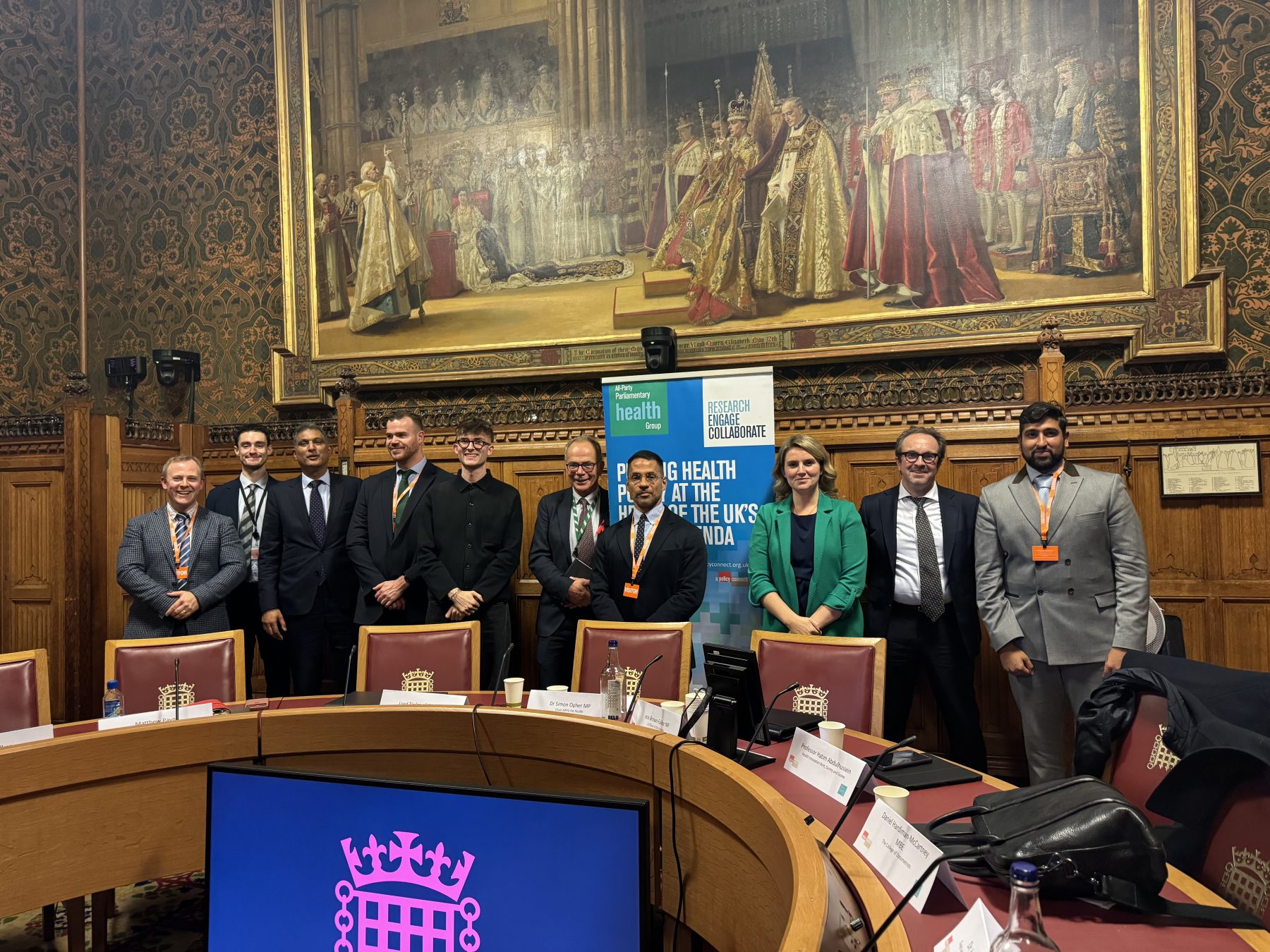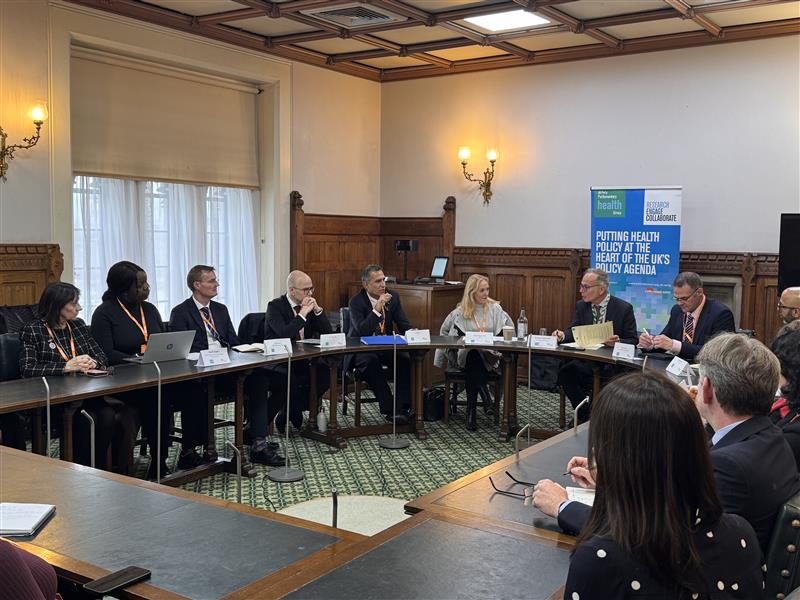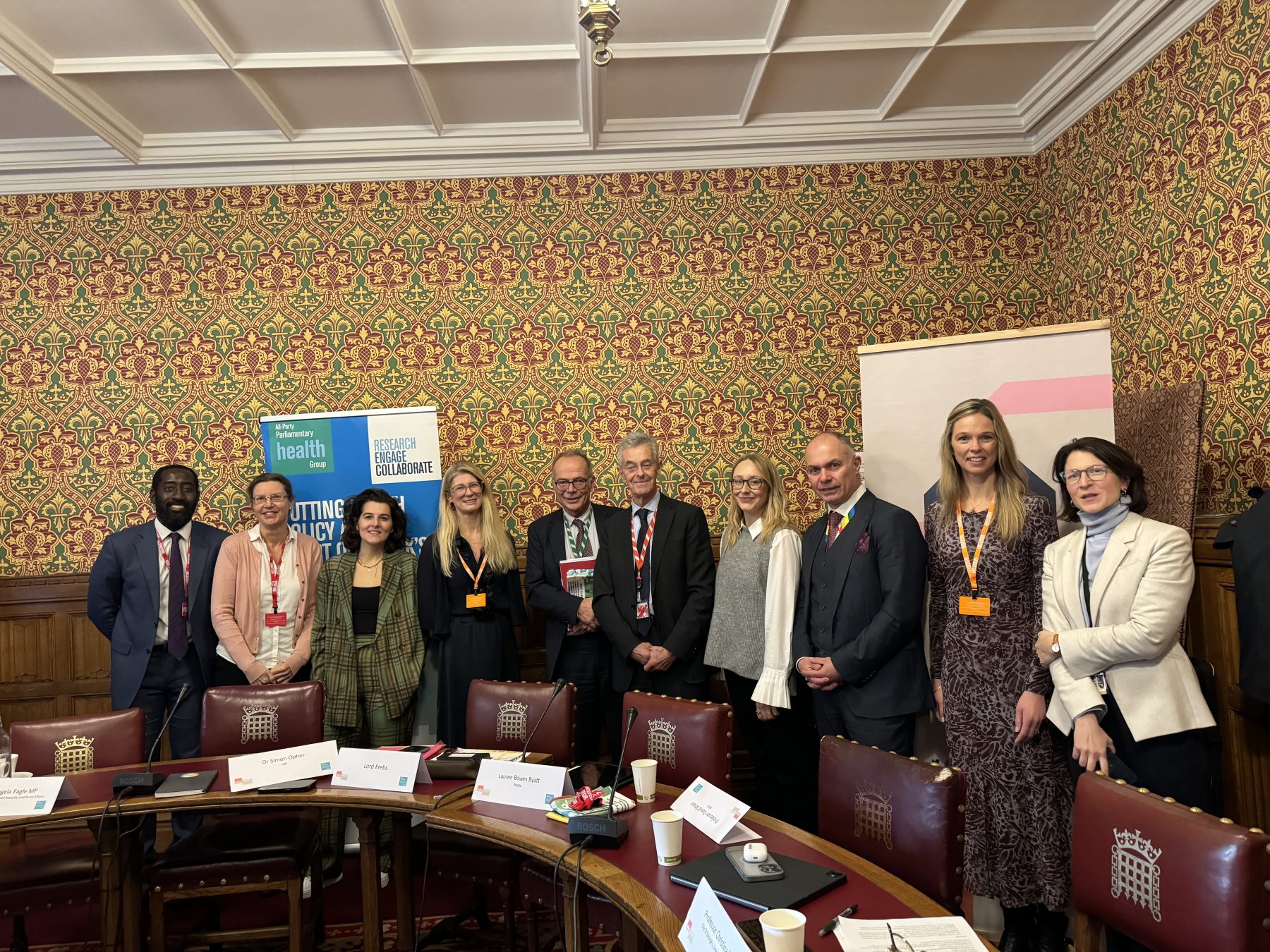At least 3 million people in the UK are affected by malnutrition and the number of admissions to hospital for malnutrition has doubled in the last ten years. The cost of malnutrition to the health and social care system is estimated to be almost £20 billion per year.
As we head into winter and a second wave of COVID-19 many more of us will be spending more time inside. This behaviour change can affect our eating habits so we must look after not only ourselves but for others around us.
People must know what the signs and symptoms are for malnutrition, UK Malnutrition Awareness Week is a great opportunity to do this and it is even more important this year.
The causes of malnutrition vary from person to person but they can be grouped into either clinical or social: in the first group, factors can include underlying disease and decreased mobility, while common social factors include reduced ability to go shopping, recent bereavement, loneliness, not knowing what to eat or limited access to food. These factors can affect anyone, but adversely affect groups like disabled and older people, who have no choice but to isolate at home to avoid the risk of infection. It is estimated that just over a third of people with malnutrition are over 65 years old, therefore it is important to recognise that this is a problem across generations and we must ensure people of all ages have the resources to know what constitutes ‘eating well’ and know at what point to be concerned.
Commenting on UKMAW 2020, Declan O’Brien, Director-General of the British Specialist Nutrition Association said:
“Malnutrition, across all ages, remains a significant problem in the UK. As we see the emergence of a second wave of Covid-19 cases, and continued restrictions on daily life and access to health services, addressing the risk of malnutrition amongst patients in hospital and people in the community has never been more important.
UK Malnutrition Awareness Week this year is an essential way to increase understanding of malnutrition across healthcare professionals and wider groups, sharing best practice in identifying people at risk of malnutrition and ways to care and support them appropriately, to improve nutritional care for the long term”
Malnutrition is an issue that can affect anyone and has impacts on all areas of life. It can cause low moods, reduced energy levels, reduced muscle strength and can put us at increased risk of illness and infection. In many cases, malnutrition is largely preventable through public awareness. Maintaining a good nutritional balance helps with better recovery, shorter hospital stays and reduced GP visits.
Stuart Roach, Vice President of Healthcare Nutrition UK, Nutricia:
“There has never been a more pressing time to draw attention to the prevalence of malnutrition in this country. It’s worth remembering that our health and social care professionals, who have worked tirelessly throughout the pandemic to save countless lives, are not focused solely on COVID-19 – but have to contend with a raft of illnesses and conditions every single day. It is imperative that we do all we can to address this frequently mischaracterised and poorly understood public health issue.
Now in its third year, we welcome the endeavours of UK Malnutrition Awareness Week as it continues to raise awareness of this important issue, and set in train the changes required to identify, manage and prevent incidences of malnutrition across the country.”
In 2011 it was estimated that of the people with malnutrition, 93% are living in their own home. Nine years on, and against the backdrop of COVID-19, where we are advised not to visit other households and to socially distance from our loved ones, it makes it all the more difficult to see the signs of malnutrition in others, such as unplanned or sudden weight loss, loss of appetite and loss of muscle strength.
The 2012 White Paper ‘Caring for our future’, outlined David Cameron’s governments plan for Social Care, holding a principle that the ‘health of the individual is at the heart of the care services’. One could say that this reflected well as of the people with malnutrition, it is estimated that only 5% are living in care homes and just 2% are in hospital. While the low number might be a positive for some, people at home, in communities across the UK still suffer from poor nutrition. We would welcome a clear plan on improving community care and specifically tackling malnutrition in the upcoming Social Care White Paper we expect the government to release later this year.
As with all aspects of health, it is personal to the individual so we should take the time to reflect and amend our diets to ensure that what we eat provides a nutritional balance. We must also make an effort to start the conversation on nutrition with the friends and family we speak with to ensure that we can all eat well for a healthy life.
Dr Lisa Cameron MP, Chair of the All-Party Parliamentary Group on Health said:
“Malnutrition is a major issue that can be prevented! UKMAW2020 does an important service in reminding us to check our own nutrition along with having the conversation with our close friends and family. Through knowing how to prevent malnutrition we can ensure that we all eat well to live well!”
For more advice and information on Malnutrition and UKMAW, please visit:
- NHS – Malnutrition
- NHS’s Eat Well Site
- Malnutrition Task Force – UKMAW 2020
- BAPEN – UKMAW 202
- British Dietetic Association – Malnutrition
2020 marks the 3rd consecutive year of UK Malnutrition Awareness Week. It was launched by the British Association of Parenteral and Enteral Nutrition (BAPEN) and the Malnutrition Taskforce (MTF).
#UKMAW2020 is calling on everyone to:
- screen themselves, their loved ones and those they look after,
- recognise and understand the risks of undernutrition and dehydration in later life,
- know what to do to prevent malnutrition,
- know what to do if there are concerns about someone who has experienced unplanned weight loss.




